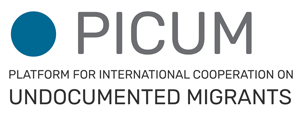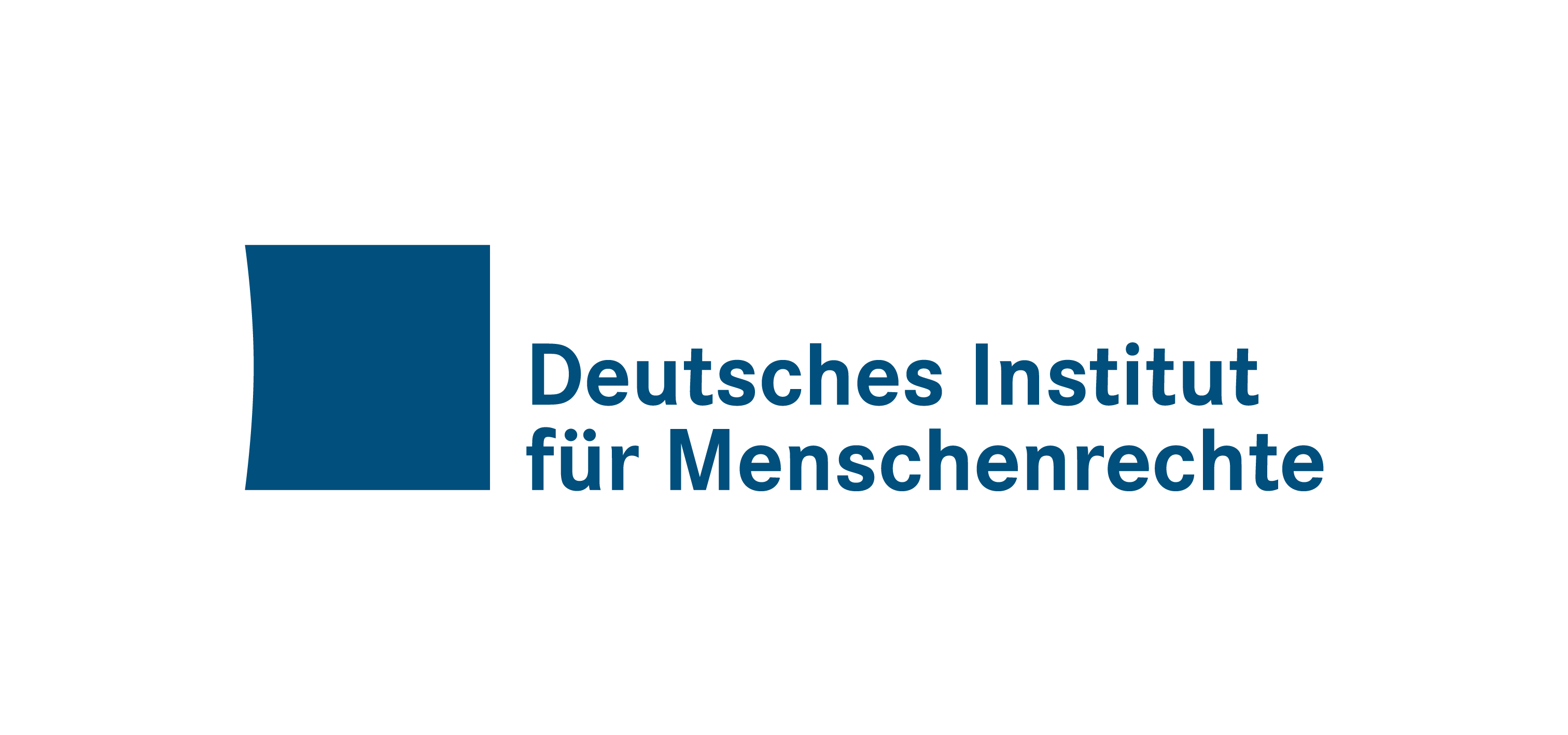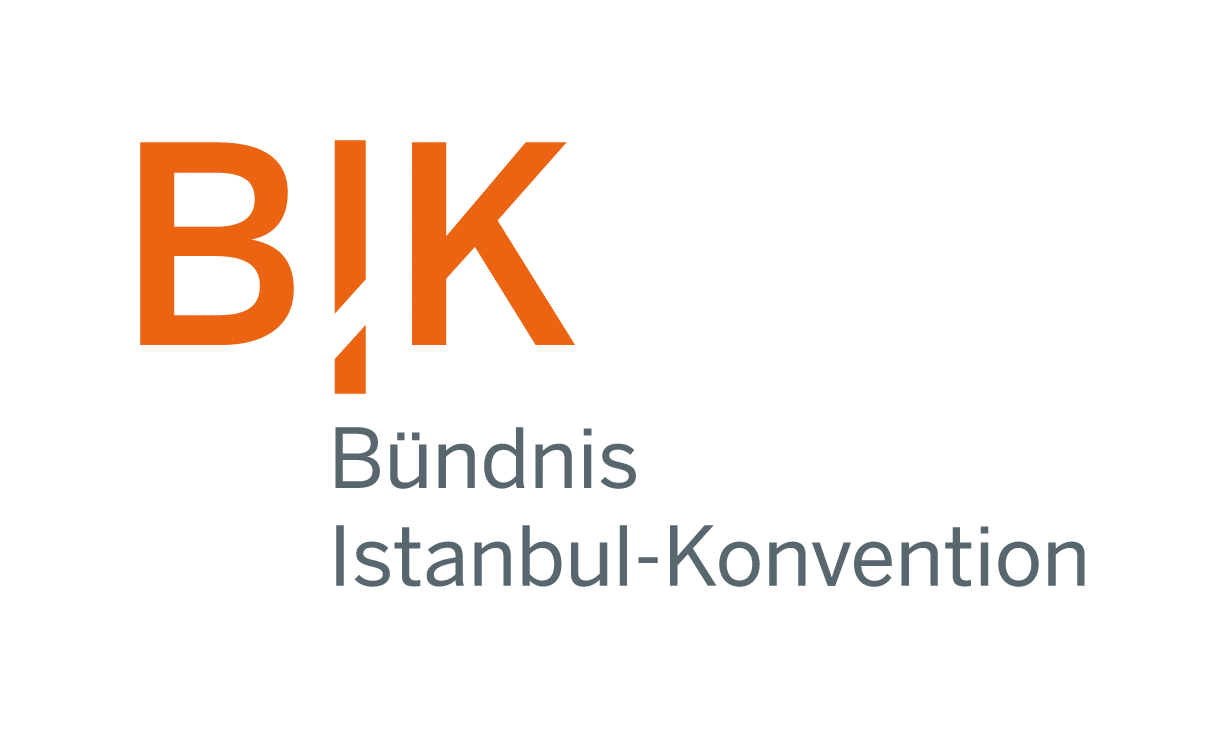Federal Court of Justice (BGH), Judgment as of 12/15/2005
File number 3 StR 281/04
Key issues
Criminal proceedings regarding rape; no general right of a co-prosecutor in a witness protection programme to refuse to testify; persons in a witness protection programme who are subject to a confidentiality obligation do not fall within the group of persons in section 54 (1) of the German Code of Criminal Procedure (StPO) and therefore permission to testify is not required; striking a balance between effective witness protection and the court’s duty to investigate the matter or the accused’s right to ask questions is a task for the court.
Summary
On an appeal brought by the accused, the highest appellate court (BGH) overturned the judgment of the court of first instance and remitted the case for a retrial.
The accused was sentenced to imprisonment for a term of six years for the rape of the female Lithuanian co-prosecutor.
The co-prosecutor had been enticed to come to Germany under false pretences and forced by Ko., the accused in another proceeding, to work as a prostitute.
After Ko.’s arrest, the co-prosecutor was put into a witness protection programme with the help of a women’s protection organization and had signed a confidentiality undertaking in connection with this.
In the court proceedings against the accused, his defence counsel questioned the co-prosecutor about such things as her living conditions in the witness protection programme, possible financial benefits, and similar things. The co-prosecutor refused to answer arguing that to do so would make her criminally liable for violating her confidentiality obligation. The court allowed this for the majority of the questions, holding that the co-prosecutor was entitled pursuant to section 55 StPO to refuse to provide information as she would make herself criminally liable if she answered. Section 55 StPO provides that any witness may refuse to answer questions if the answering of such would expose the witness or a close relative of the witness to a danger of being prosecuted for a crime or an administrative offence. The BGH held that the court of first instance had erred in allowing the co-prosecutor to refuse to answer the questions.
The BGH found that the witness had no right on the basis of section 55 to refuse to provide information. This would only be the case if the witness, by providing the information, could be prosecuted for a criminal act that she had already committed, but not if the providing of the answers to the questions is what would make her criminally liable in the first place.
The court also stressed that the potential danger to which witnesses or witness protection programmes are exposed through the answering of questions in criminal proceedings is not in general to be valued more highly than the court’s duty to investigate the matter or the accused’s right to ask questions.
The court referred here to the German Witness Protection Harmonization Act (ZSHG) of 2001. The court found that the provisions contained therein regarding confidentiality definitely do not allow the conclusion to be drawn that questions that could endanger confidentiality are inadmissible from the outset.
With respect to the testimony of the co-prosecutor, the court was of the opinion that a permission to testify as required by section 54 StPO was also not necessary because she did not fall within the group of persons named there. According to section 54 StPO, judges, civil servants, and other public-service employees who testify as witnesses on matters covered by their duty to keep all matters relating to their public office confidential must obtain permission to testify. In this connection, the court made extensive comments on, among other things, the distinction between police confidants and persons under witness protection.
Finally, the BGH held that this does not mean that the need for keeping witness-protection measures confidential is being ignored altogether in criminal proceedings. It only means that it is the duty of the courts to strike a balance between effective witness protection on the one side and the need to discover the truth or the right of the accused to ask questions on the other side. The court commented on the legal principles to be used for such a balancing of interests. The courts must decide whether the answering of a question is necessary for the investigation of the truth or whether it is irrelevant for the judgment. In doing so, the evidentiary value of the question must be weighed against any interests there may be in keeping something confidential, for example for the sake of protecting the witness. The court stated that it will generally be possible to respect the latter since the exact natures of witness-protection measures are irrelevant, as a rule, to assessing the credibility of a witness.
The court of first instance had therefore erred in denying the questions altogether; what it should have done was to decide on the admissibility of each individual question separately.
Because the conviction of the accused rested solely on the testimony of the co-prosecutor, and because it could not be ruled out that her credibility would have been assessed differently had she answered the questions, the judgment had to be overturned.
Decision in full text:










